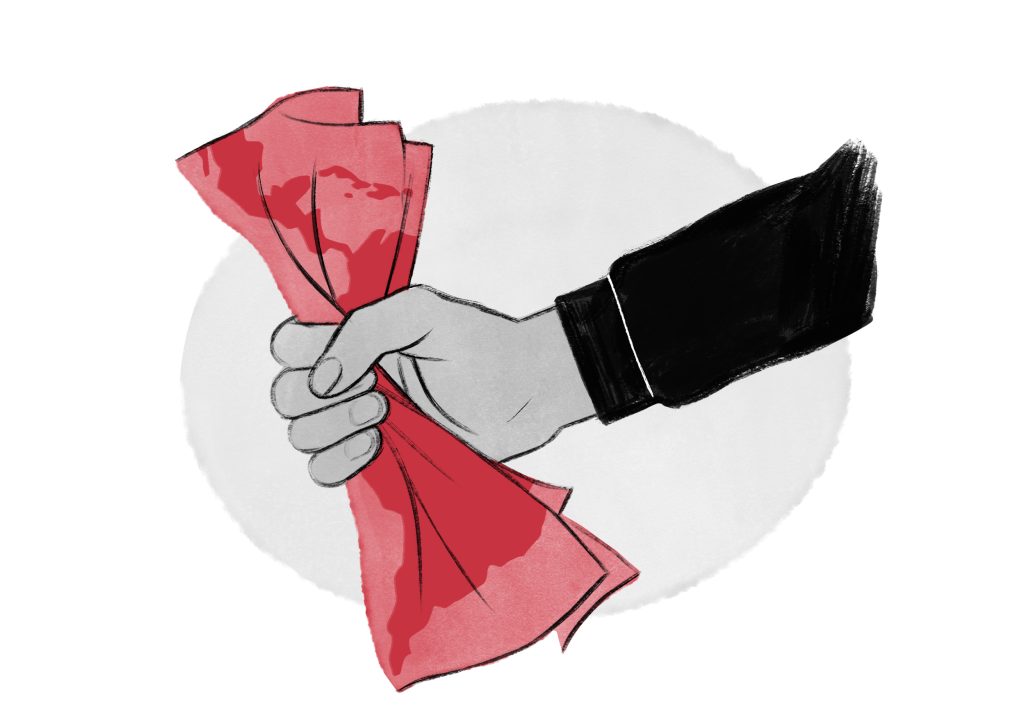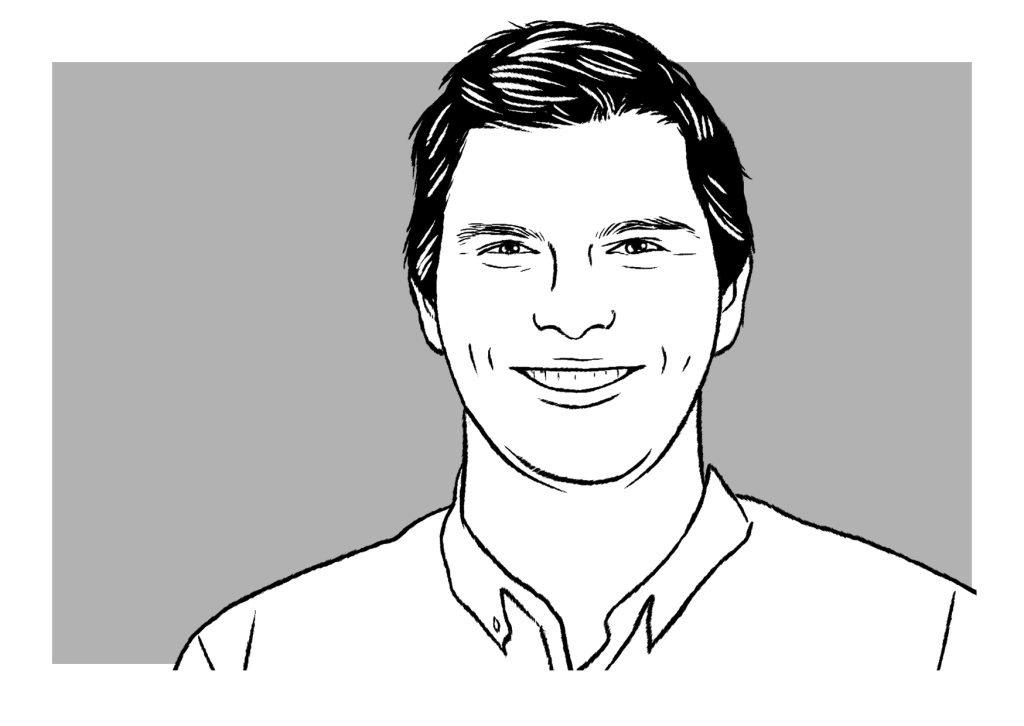From fiery speeches to charismatic leaders, populism has left an indelible mark on the region, promising change, and challenging the status quo. But as the cycle of populism repeats, a vital question arises: Can Latin America break free from its grip?
Introduction to the Populism
Populism and Latin America are two branches of the same tree. However, separately comprehending them is difficult as populism is deeply rooted in Latin American history that has been the most fertile land for demagogy.
Populism is a political phenomenon characterized by charismatic leaders who appeal to the masses by promising quick fixes to complex socio-economic problems. In Latin America, populism is not restricted to political affiliation, social class, or origin. It has been a defining feature of Latin American politics for decades. From Argentina’s Juan Perón to Venezuela’s Hugo Chávez, charismatic leaders have mobilized their electoral base with fiery rhetoric, promises of economic prosperity, and appeals to the masses. However, while populism may have provided a path to power for these leaders, it has also contributed to a cycle of political instability, economic turmoil, and social unrest in the region.
In recent years, the populist wave in Latin America has shown signs of receding. Left-wing populist movements, predominant in the early 2000s, have pushed back Brazil’s Jair Bolsonaro and Colombia’s Iván Duque. Others, like Argentina’s Alberto Fernández, have taken a more moderate approach to governance. But can this break in the populist cycle truly lead to long-lasting political stability and economic growth for Latin America?
In this article, I explore the history of populism in Latin America, its impact on the region, and the prospects for breaking the cycle. I also examine the factors that have contributed to the rise of populist leaders and movements in the region and the consequences of their policies. Furthermore, I look at a few challenges Latin American countries face in moving beyond populism.
From the roots to the branches
From Argentina’s Peronist movement (1950s), Nicaragua’s Sandinista revolution (80s), to Chavez’s Bolivarian Revolution (early 2000s), populism in Latin America assumes multiple forms. One common thread among these movements is the leader’s charisma, who often claims to embody people’s will and the national interest.
The first wave of Latin American populism emerged in the 1940s and 1950s, with the rise of Juan Perón in Argentina and Getúlio Vargas in Brazil. They promoted policies favouring the working classes, such as wage increases, social security, and labor rights. However, they also centralised power, restricted civil liberties, and adopted protectionist economic policies.
The second wave of Latin American populism emerged in the 1990s and 2000s in the wake of the debt crisis and the collapse of the Soviet Union. This wave was characterized by left-wing movements that challenged the neoliberal policies promoted by the US and international financial institutions like the World Bank and the IMF. Leaders such as Venezuela’s Hugo Chávez (1999-2013), Bolivia’s Evo Morales (2006-2019), and Ecuador’s Rafael Correa (2007-2017) pursued policies of nationalization, land reform, and social welfare programs that aimed to reduce poverty and inequality.
Assessing the Damage
While populist leaders succeeded in mobilising their supporters and implementing policies that addressed social inequalities, they equally contributed to the cycle of political instability, economic turmoil, and social unrest in Latin America.
Populism has several significant drawbacks. Firstly, populism systematically erodes democratic institutions and the rule of law. Populist leaders often centralise power, weaken the system of checks and balances, and attack judicial independence and press freedom. This leads to the concentration of power in the hands of the executive, a lack of transparency and accountability, and a culture of impunity.
Secondly, populism sow’s seeds for economic instability. Populist leaders often pursue policies that prioritize short-term gains over long-term stability, such as currency controls, price controls, and deficit spending. These policies fuel inflation, currency devaluation, and capital flight out of the country, eventually undermining investor confidence and economic growth.
Finally, populism contributes to social unrest and polarization. Populist leaders often use divisive rhetoric that pits different groups against each other, such as the rich against the poor or the urban elites against the rural masses. This creates a climate of intolerance, social conflict, and violence.
Breaking the cycle with concrete policy solutions
Economic instability, democratic erosion, and social polarization, as elucidated above. Breaking the cycle of populism necessitates addressing its root causes and implementing concrete policy measures.
Firstly, strengthening democratic institutions by promoting transparency, accountability, and electoral participation can create resilient, democratic systems, enabling Latin America to withstand the populist pressure better. Implementing comprehensive electoral reforms – strictly regulating campaign finance, instituting monitoring mechanisms, investing in voter education programs, and strengthening the independence of electoral management bodies can pave the way for strong institutions.
Secondly, promoting economic stability is significant to combat populism. Investing in infrastructure, promoting innovation, and supporting small and medium-sized enterprises are some policies that promote long-term economic growth. By creating a stable and prosperous economic environment, Latin America can reduce the appeal of populist promises and create a more sustainable path to prosperity.
Thirdly, policymakers must take steps to promote social inclusion and reduce inequality since populism often perpetuates in societies suffering from inequality and exclusion. According to the World Bank 2022 data, Latin America’s average Gini coefficient stood at around 0.50, far from the global average of 0.39, indicating pronounced inequality challenges. Policies promoting education, healthcare, social welfare, diversity, tolerance, and multiculturalism can help create a more stable and harmonious society.
Investments in education and health can particularly help bridge inequality. The former can be achieved by improving school infrastructure and the quality of teacher training while also providing scholarships or subsidies for underprivileged students, thus ensuring equity in education. For the latter, expanding access to healthcare services by implementing universal healthcare systems can help alleviate the burden of medical expenses on low-income individuals and improve overall well-being. Implementing social welfare programs, such as conditional cash transfers or targeted subsidies, can directly support vulnerable populations, reducing poverty and inequality. Furthermore, implementing policies that promote equal rights, non-discrimination, and representation can foster diversity, tolerance, and multiculturalism.
Lastly, policymakers must encourage dialogue and regional cooperation. Policymakers can achieve this through regional integration initiatives, such as creating common markets – Mercosur (Southern Common Market) or Alianza del Pacífico, promoting cultural exchanges, and strengthening regional organisations like the OEA (Organization of American States). A better-connected and cooperative Latin America can reduce the appeal of populist nationalism and create a more stable regional environment.
Conclusion
Populism is a complex and multifaceted phenomenon posing significant challenges to Latin America’s stability. Addressing the root causes and implementing policies to promote democratic institutions, economic stability, social inclusion, and regional cooperation can help the region break the cycle of populism and pave the way for a more stable and prosperous future. By working together and committing to the long-term goal of building a more resilient and inclusive society, Latin America can overcome the challenges of populism and build a brighter tomorrow.
Felipe is a Master in Public Policy student at Hertie School. After working as a lawyer he discovered his biggest passion; which lies in the public sector. Over the last few years, he worked in politics and public policy in Chile, as political advisor of the Interior Ministry and as the National Coordinator of a political party. In his free time he enjoys walking in Berlin, visiting map stores and cultural activities.
Views expressed by the author(s) do not represent the Hertie School.

